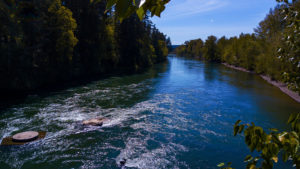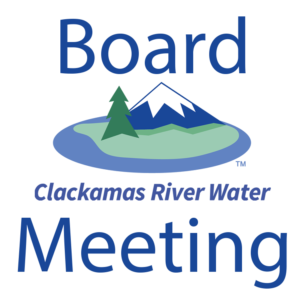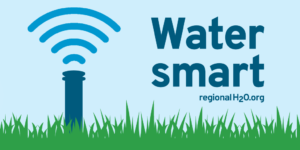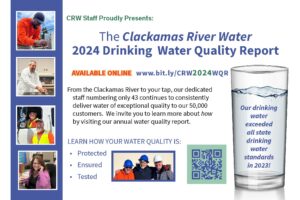Top Ten Tips to Save Water
Here is a collection of the top ten water conservation tips available.
- Go Native
Use native plants in your landscape. They look great, and don’t need much water or fertilizer. Also choose grass varieties for your lawn that are adapted for your region’s climate, reducing the need for extensive watering or chemical applications.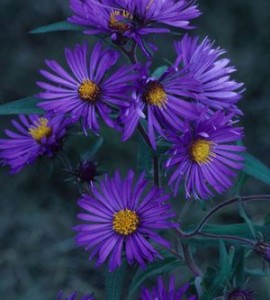
- Turn It Off
If you are washing your face and you need to get the tap warm, use that initial cooler water to brush your teeth, and then wash your face afterwards when the hot water starts coming out. - Manage Waste
Properly dispose of potentially toxic substances like unused chemicals, pharmaceuticals, paint, motor oil, and other substances. Many communities hold household hazardous waste collections or sites – contact your local health department to find one near you. - Stop the Drip
Not only does it sound annoying, it wastes loads of water. Leaks can often be fixed by making minor adjustments. Test your toilet using some dye tablets, available in this all-in-one water conservation kit. 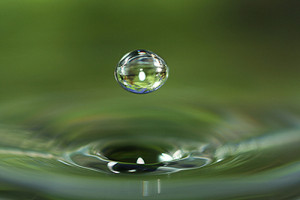 Catch the Rain
Catch the Rain
You can collect rain water from your eaves to water your garden.- Washer Wise
Use energy star appliances whenever possible and always use them at full capacity. Choose economy settings and don’t run the dishwasher half-full. - Water Wisely
Water the lawn and plants during the coolest parts of the day and only when they truly need it. Make sure you, your family, and your neighbors obey any watering restrictions during dry periods. - Reduce, Reuse, and Recycle
Reduce the amount of “stuff” you use and reuse what you can. Recycle paper, plastic, cardboard, glass, aluminum and other materials. - Nature’s Best
Use all natural/nontoxic household cleaners whenever possible. Materials such as lemon juice, baking soda, and vinegar make great cleaning products, are inexpensive, and environmentally-friendly. - Don’t Toss It
If you pour too much out or have some left in your glass, use it. Pour the surplus into your dog’s water dish, water a plant, or add it to your water kettle.
Learn and Do More!
Visit:
Planet Save
GroundWater.org

